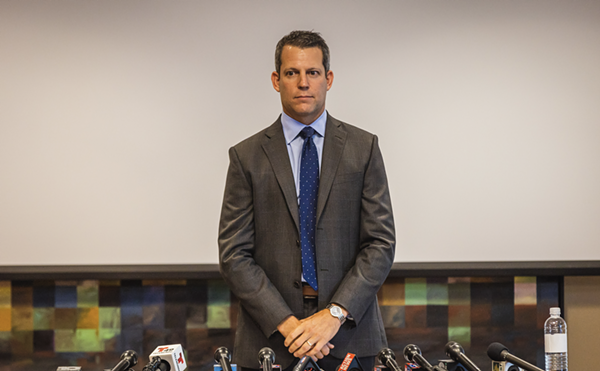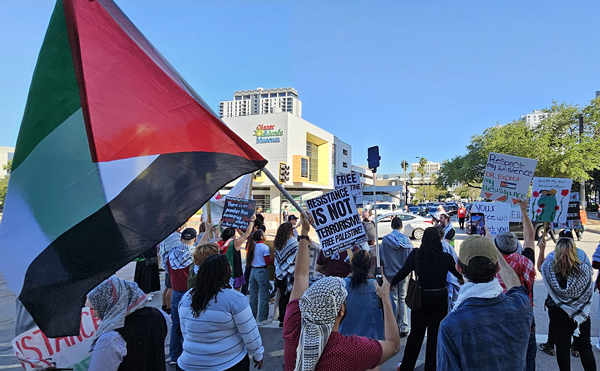Like most locavores, you probably do a half-assed job of trying to source and purchase local foods. No blame cast, I'm the same way. The reality is it's tough to find local foods that conform to busy schedules. Driving out to a farm stand or local market just isn't always on the agenda.
So you go to Whole Foods. It's not a bad choice, considering the mega-chain's commitment to sustainability, support of developing markets and organic foods. You can criticize them for institutionalizing mass-produced organic fare that bears little more than a philosophical difference from regular supermarket stuff, but that's a bit disingenuous when you weekly stroll the aisles with wheatgrass shot in hand, buying Pirate's Booty and frozen pad Thai.
Here's a way to feel better about your rampant consumerism: Whole Foods does go out of its way to support locally grown and produced goods. And it can be a slog.
Regional buyers comb the state looking for producers who can give them the volume of natural goods they need to support their fourteen and growing locations in Florida. Sometimes that means co-ops, like Uncle Matt's Organic Juice, with 15 farms, many of them owned by relatives of the eponymous Matt. Some stores are also buying gelato machines from Italy and using recipes and materials from a Fort Lauderdale-area gelateria.
Department managers at individual Whole Foods locations can also bring in whatever they want from the local scene, even if it can't be shipped to other stores. Here on the Gulf Coast, that means Peperonata Fresh Pasta, available only at the Tampa and Sarasota stores. The Sarasota location also contracts with local Bavarian Bread Company for most of its loaves.
Recognizing that a lot of independent organic producers can't meet the needs of a grocery chain, Whole Foods funded a $10 million local producer loan initiative, which provides low-interest financing for producers looking to expand their facilities or branch into distribution. The first recipient in the country was Fort Lauderdale-based Buzzn Bee Farm, a honey producer that needed to bump up production. A central Florida dairy is slated to be our area's next recipient.
These loans don't imply an "offer you can't refuse" type of relationship; there's no quid pro quo besides payment and interest. Buzzn Bee still sells to Whole Foods competitors, including Nature's Finest in St. Pete and the Granary in Sarasota.
According to Whole Foods' state marketing coordinator Russ Benblatt, the chain has recently assigned a regional meat buyer to Florida to find locally-raised grass-fed beef they can bring to market. I've talked to a few agriculture extension agents who have been helping the buyer out.
Yeah, I know, Whole Foods isn't perfect. Neither are you. Try harder to get to the source of your food. Shop local, independent markets when you can. When you can't, go to the pretty store, buy your expensive convenience foods and pre-packaged organic meals, and don't beat yourself up. It may be just a big old grocery store, but Whole Foods is miles ahead of the rest of the pack.
















